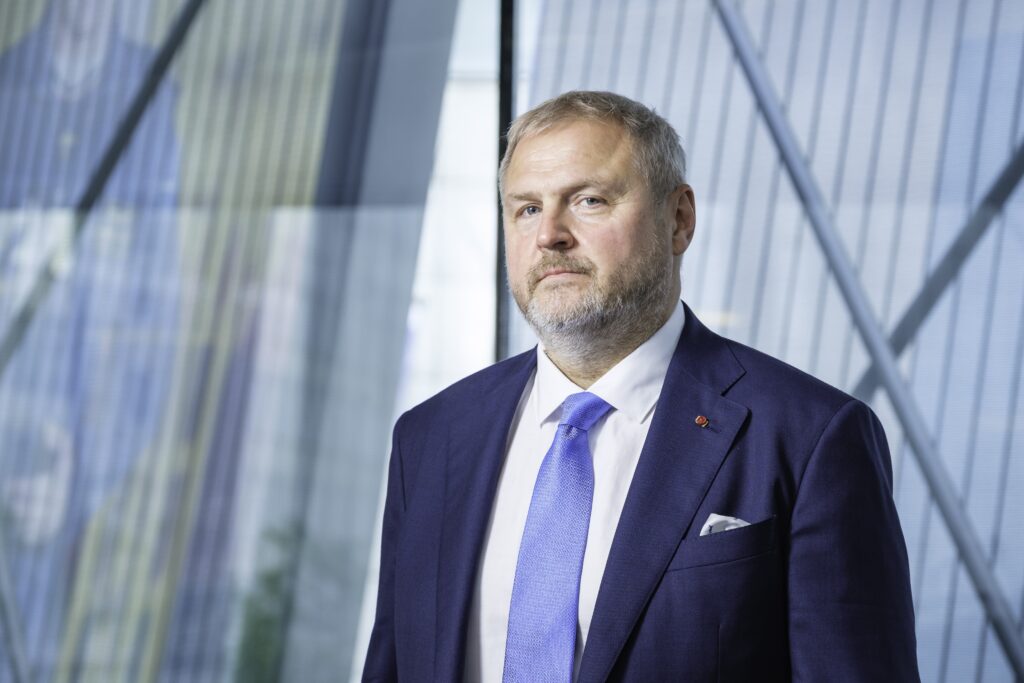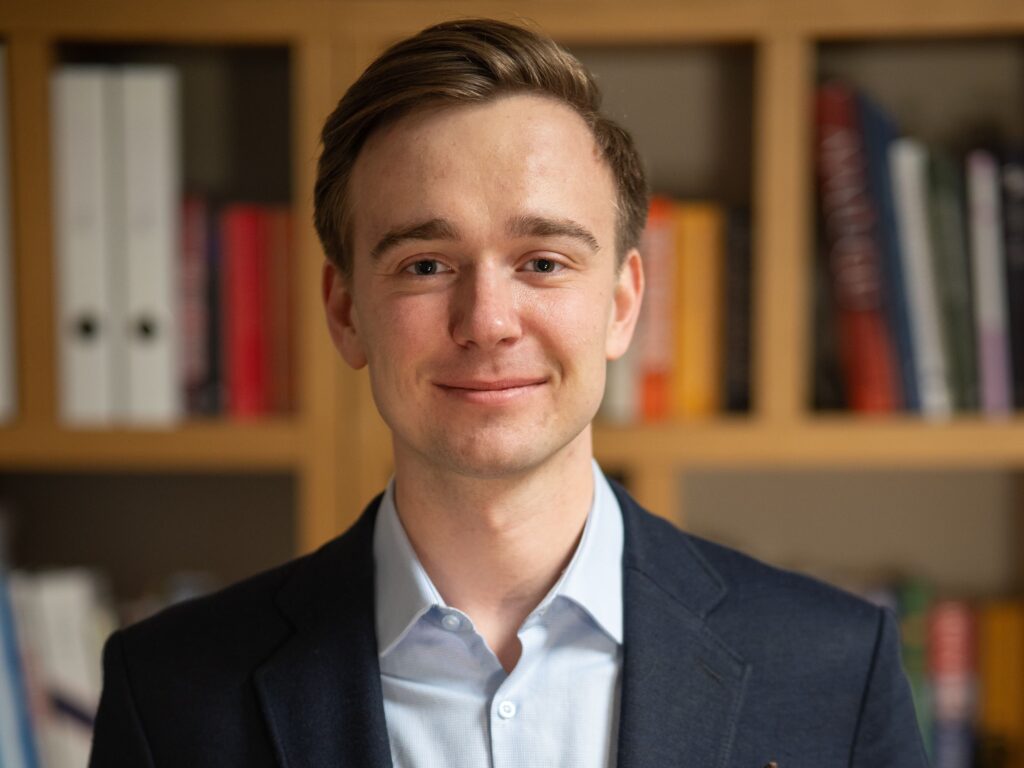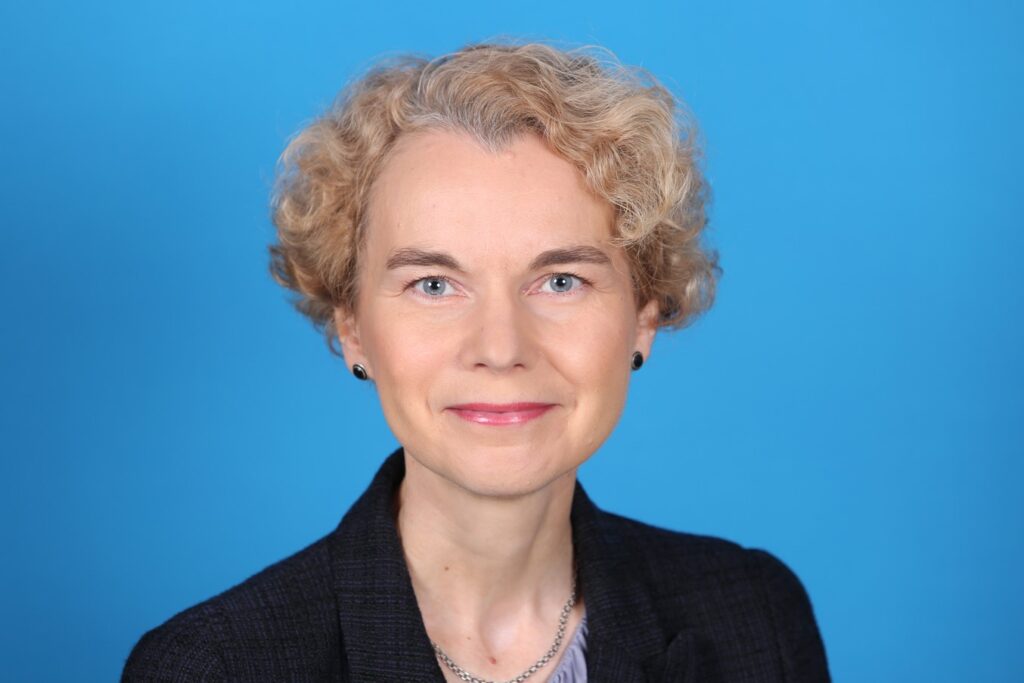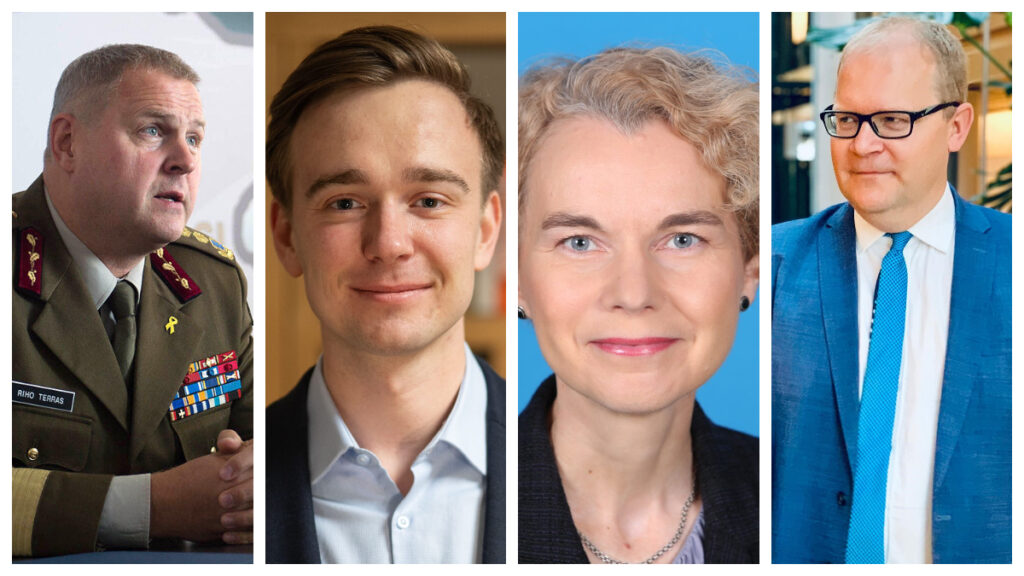What more can be done by NATO and the European Union to guarantee the safety of Ukrainians and refugees fleeing the war in Ukraine? Two Estonian members of the European Parliament, Riho Terras and Urmas Paet, an Estonian diplomat in Brussels, Oliver Mõru, and the director of the Estonian Foreign Policy Institute, Kristi Raik, give their opinion.
Riho Terras – a member of the European Parliament, former commander of the Estonian Defence Forces, a member of the council of the Estonian Atlantic Treaty Association

The European Union has largely put aside its political differences to help the people of Ukraine, most of the bickering is on stand-by. It is obvious that during a humanitarian catastrophe there is no time for petty squabbles. The EU member states are working vigorously to house and help people who are escaping from the war.
It is vital that both NATO and the EU work to guarantee the safe passage of people fleeing Ukraine. Russia continuously demonstrates its treachery and disdain for human life by placing mines in humanitarian corridors and killing unarmed civilian families.
To put an end to this, we must thoroughly enforce our sanctions and provide humanitarian and military resources to the brave Ukrainians who are fighting not only for their freedom but for their families as well. In a sense, it is a war of attrition and should the West ease its hard sanctions or support to Ukraine, then the enemy will prevail.
Urmas Paet – a member of the European Parliament, former Estonian foreign minister

The EU, together with its NATO allies, must be strong and principled. Humanitarian corridors for refugees are needed immediately. Ukraine, which is defending itself, must be given everything it needs – from airplanes and weaponry to food and medicine. European money for gas and oil must no longer be used to finance the Russian war machine. The EU must also reconsider its attitude towards those countries that praise Russia’s war in Ukraine.
In today’s world, Estonia’s membership in the EU and NATO is quite normal. Other European nations must have the same opportunity – including Ukraine – so that never again will a Ukrainian woman who has fled her homeland with children have to say through tears: “I had no other choice”.
Oliver Mõru – counsellor for European security and defense policy at permanent representation of Estonia to the EU

Europe is facing its biggest refugee crisis since World War II, as more than 2.5 million people have fled the war in Ukraine.
Russia’s actions are increasingly directed against the civilian population, so we must be prepared to welcome even more refugees in the coming hours, days and months.
Russia’s aggression against Ukraine is an attempt to gain control over the country and reverse Ukraine’s aspirations of moving closer to Europe. That said, the war against Ukraine does not solely concern Ukraine and Ukrainians, but all of us. It is about our values, our way of living.
We, Estonians, know what it means to flee from war. Our parents and grandparents had to face this horrific reality. We can and should help Ukrainians to save them from going through what our families had to go through during World War II. Not only states and international organisations – but all of us, as individuals, can contribute, for instance, by offering shelter for refugees arriving in Estonia or by donating funds to institutions that help Ukrainian refugees.
Kristi Raik – director of the Estonian Foreign Policy Institute

Obviously, Western military support is of critical importance for Ukraine’s ability to push back Russia’s invasion. Western countries have already mobilised unprecedented volumes of military assistance, including deliveries from the US worth $350 million in total, to be followed by major additional aid.
The EU’s decision to provide €450 million from the European Peace Facility for military equipment to Ukraine marked a historical step on the way towards making the EU a serious actor in European security. Many European countries have also been providing significant military aid (anti-tank Javelin missiles from my own country, Estonia, for example). Exact details concerning such deliveries are not publicly available, lest those details jeopardise their arrival.
There are two concerns related to the provision of military aid, both of which underline the importance of collective action and solidarity in NATO and the EU. First, countries in Central and Eastern Europe specifically, have been keen to help Ukraine, but at the same time, they want to make sure their own defence capabilities are not undermined. Second, the confusion over providing fighter jets from Poland to Ukraine has underscored the need to find a formula that involves allies collectively, without putting any single country in a vulnerable position, regarding Russia’s possible reactions.
The will of European countries to assist Ukraine, also in military terms, is strong, but coordination of aid in both the EU and NATO seems unsatisfactory thus far. If Russia’s offensive continues and pressure on NATO to step up its involvement grows – in the form of a no-fly zone, for example – the need for collective readiness of NATO and the EU to manage the related risks will become ever more important.
Riho Terras, Urmas Paet, Kristi Raik and Oliver Mõru will be among the speakers at the NATO-EU Roundtable event in Tallinn from 8-9 April 2022.
Read also: Live updates: Russia’s invasion of Ukraine – reactions in Estonia.

